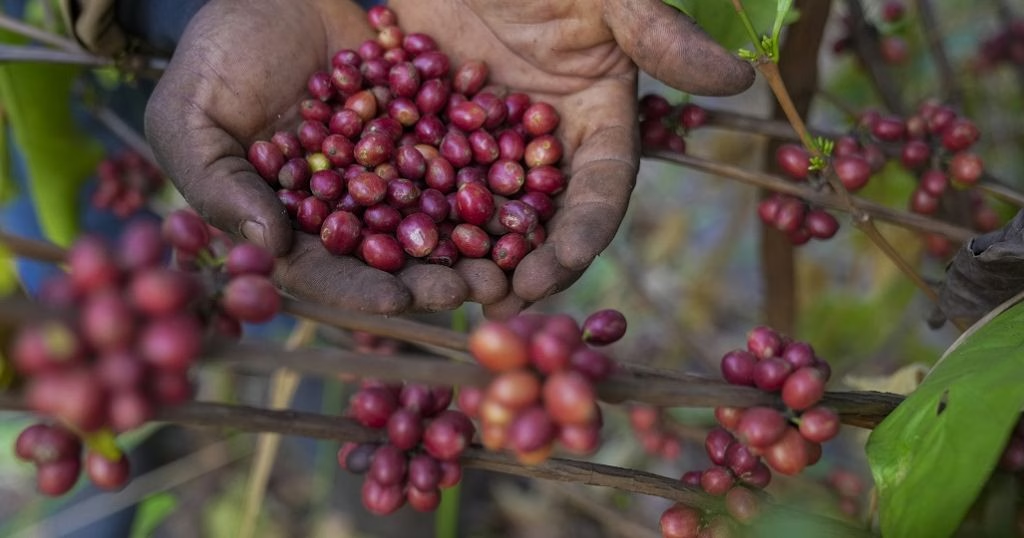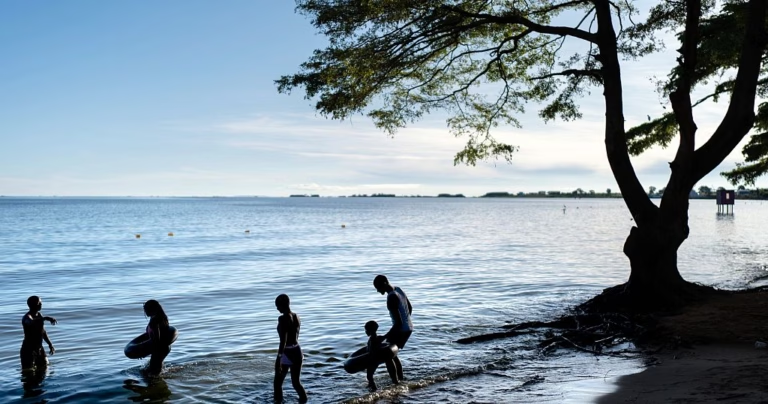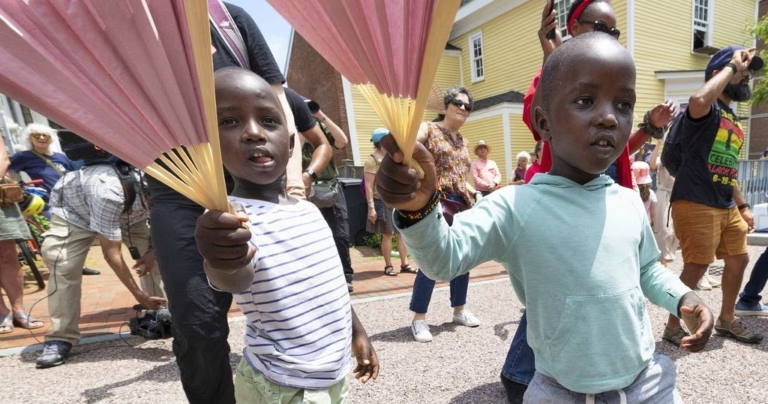
In Nzara County, South Sudan, the coffee industry is witnessing renewed growth as revitalization efforts revive a once-dormant coffee sector.
To combat the effects of unpredictable weather and the global coffee crisis, farmers are increasingly turning to Excelsa, a resilient coffee species, as a viable and sustainable option.
At a local coffee processing facility, workers diligently sort and prepare freshly picked coffee cherries, marking a substantial progress in the region’s agricultural revival.
Excelsa, native to South Sudan and several other African countries, is reportedly well-suited to withstand drought, high temperatures, and common pests with its deep roots and robust leaves.
Catherine Bashiama, a local coffee farmer, inspects her trees with anticipation, hoping that this new crop will provide for her family’s well-being.
Expressing gratitude to her community for the coffee she has planted, Catherine shares her story of resilience after her husband’s accident made it difficult for them to afford their children’s education.
With her coffee now in bloom and bearing fruit, Catherine looks forward to a more prosperous future.
While South Sudan is rebuilding its coffee industry, it faces different challenges than neighboring Ethiopia and Uganda, where coffee farming is firmly established.
Years of conflict have disrupted traditional farming methods; however, many locals fondly remember a time when coffee was a significant crop.
Farmers are currently harvesting Excelsa by hand, which accounts for less than 1% of the global coffee market.
Nevertheless, there is optimism that this initiative could stabilize the industry as traditional producers face the consequences of climate change.
Coffee farmer Seme Alfred expresses his joy, stating, “I’m thrilled to see my coffee maturing, and I’m finally starting to reap the financial rewards. I can truly sense the profits coming in.”
Although Excelsa has been present in the area for over 100 years, its potential has only recently started to gain recognition.
Ian Paterson, managing director of Equatoria Teak, is working to bridge the gap between local coffee farmers and global markets.
He recounts, “During our experiments with different coffee types in South Sudan, a farmer pointed out that we have our own unique coffee here, known as Excelsa. This prompted us to conduct trials on it.”
Paterson believes that Excelsa’s resilience to climate change presents substantial opportunities for the coffee sector as environmental conditions evolve.
The local coffee market is thriving, with traders offering coffee alongside other products.
Community leaders, such as Atoroba Peni, King of Azande, appreciate the advantages of local production and trade, emphasizing its role in fostering self-sufficiency.
Peni underscores the importance of self-reliance within the community, highlighting how dependence on external sources, such as government salaries or foreign aid, can create vulnerabilities.
When salaries are delayed or aid is not received, many individuals face challenges in meeting their basic needs and caring for their children.
Peni advocates for individuals and communities to invest in coffee and other cash crops to foster independence and sustainability.
Local farmers are encountering significant challenges, including high transportation costs, security concerns, and the threat of destructive fires.
However, the introduction of Excelsa coffee offers hope for a more sustainable and resilient coffee industry in South Sudan.
This new opportunity has the potential to enable farmers to navigate their challenges and build a more stable future for their communities.







